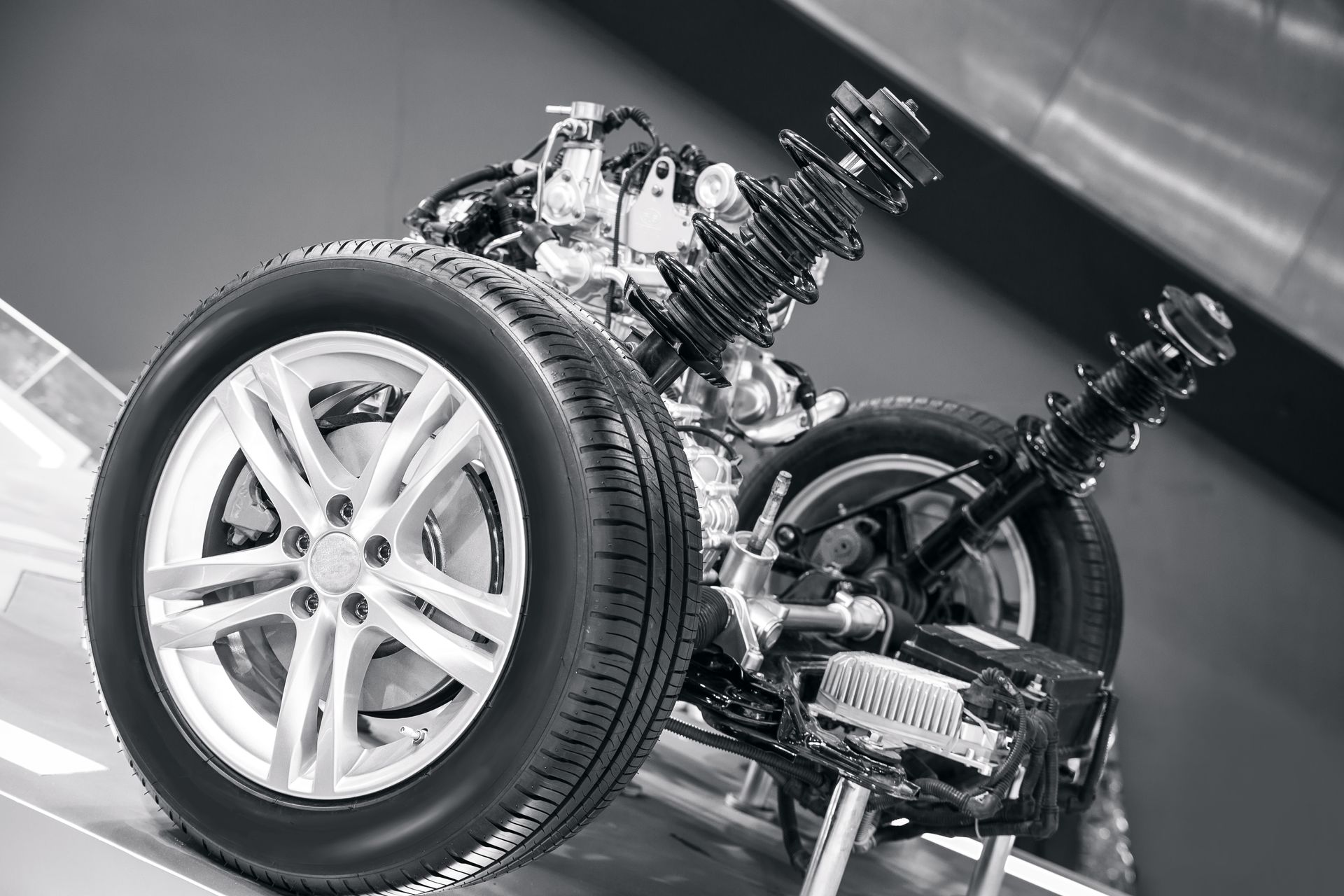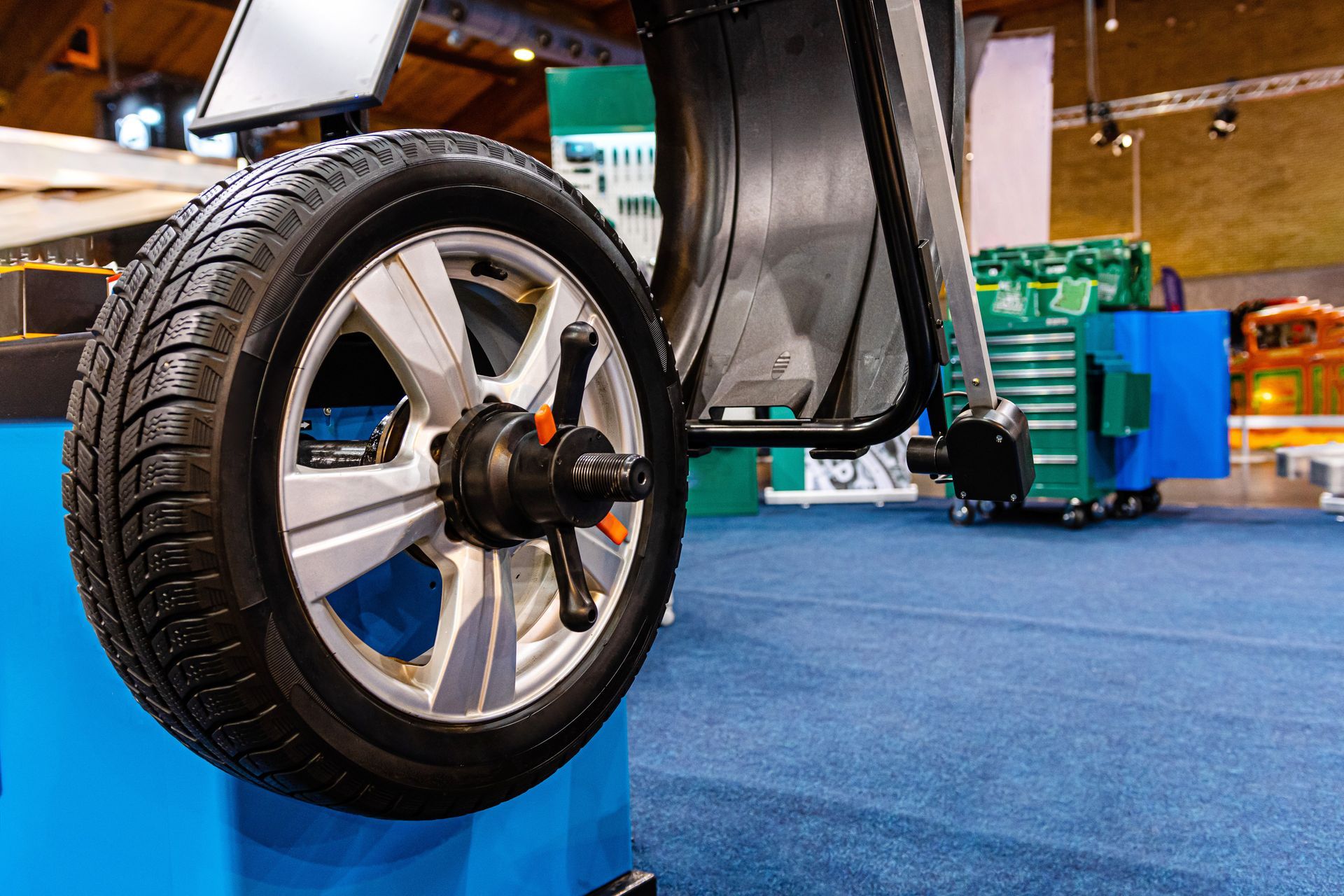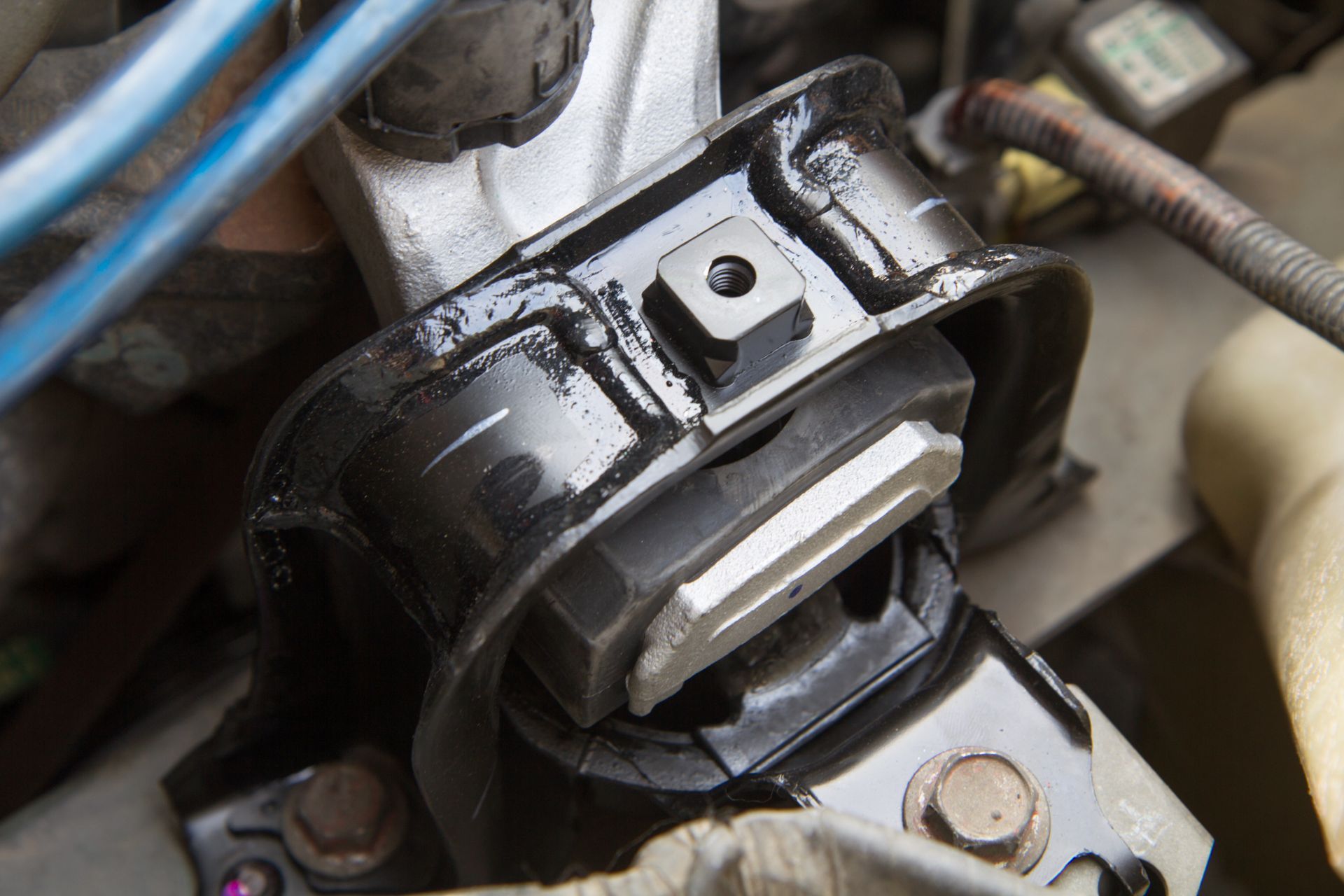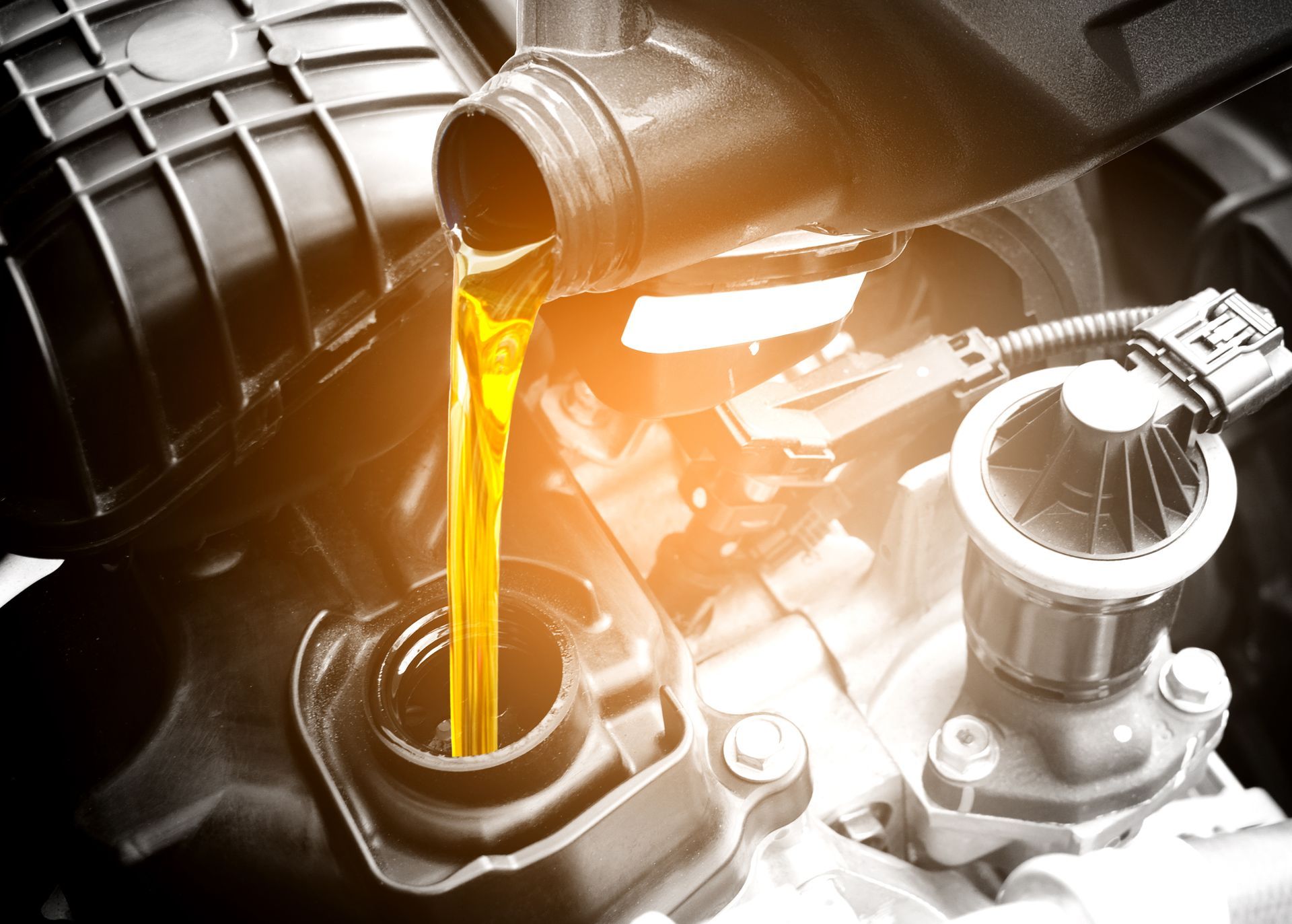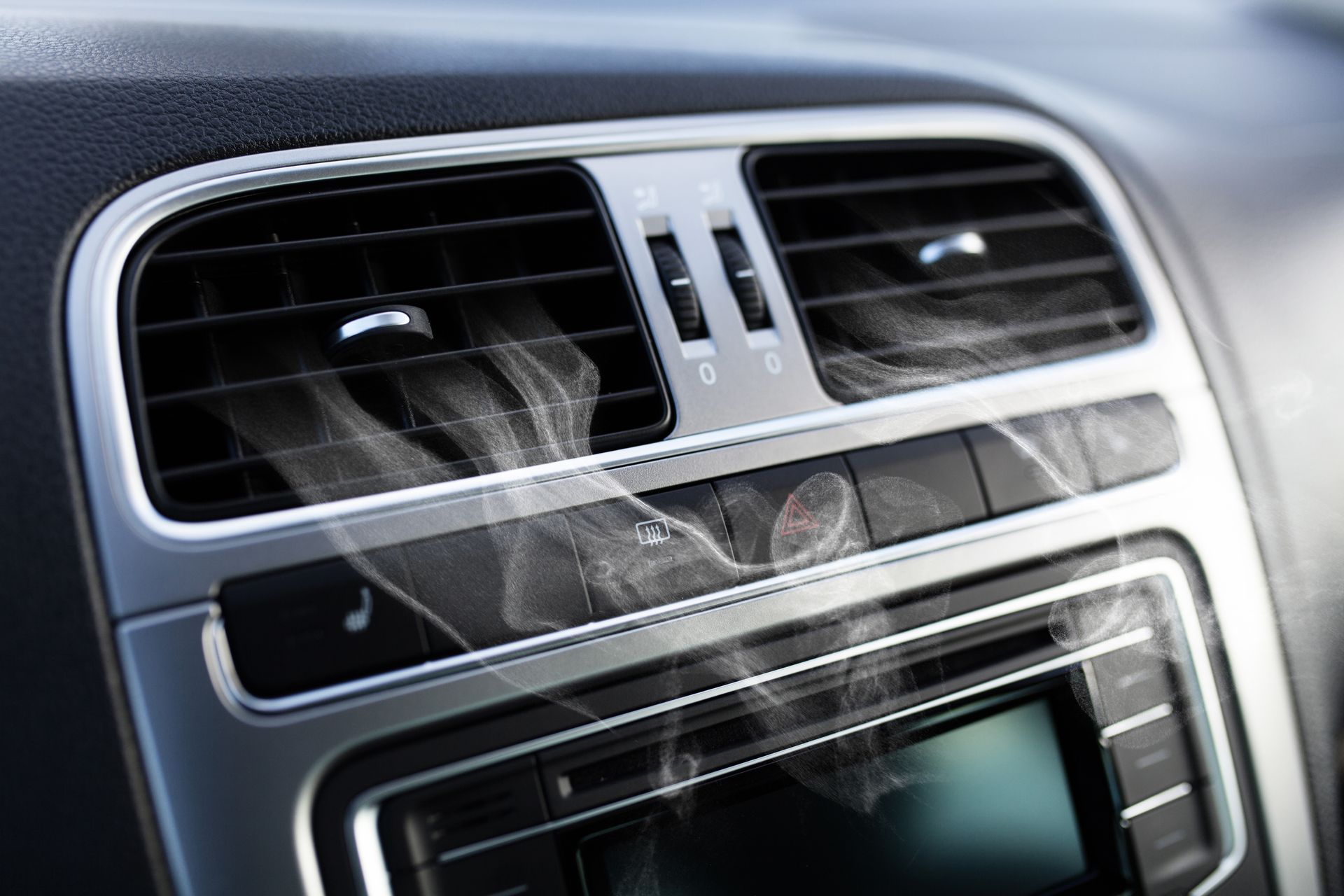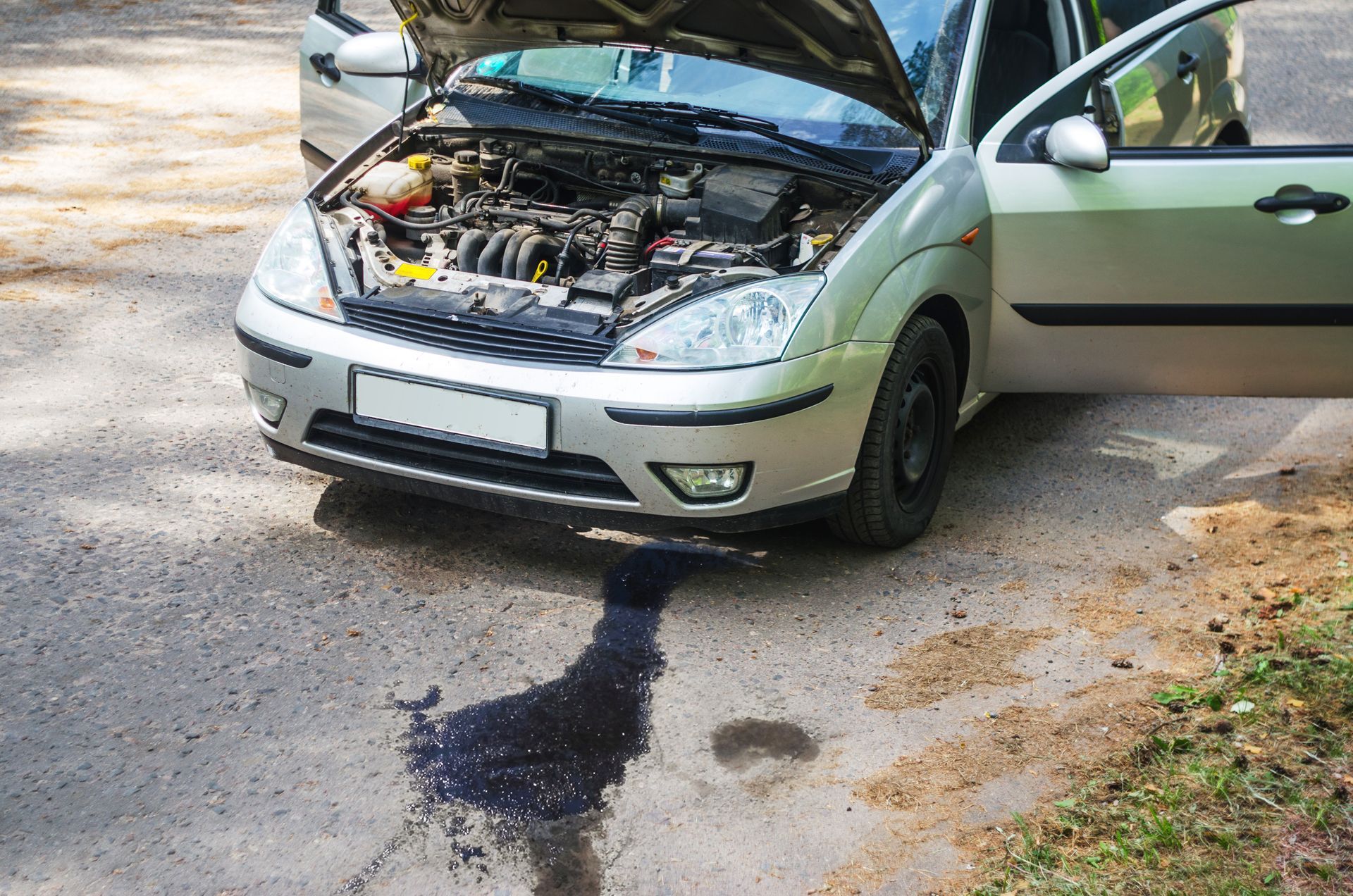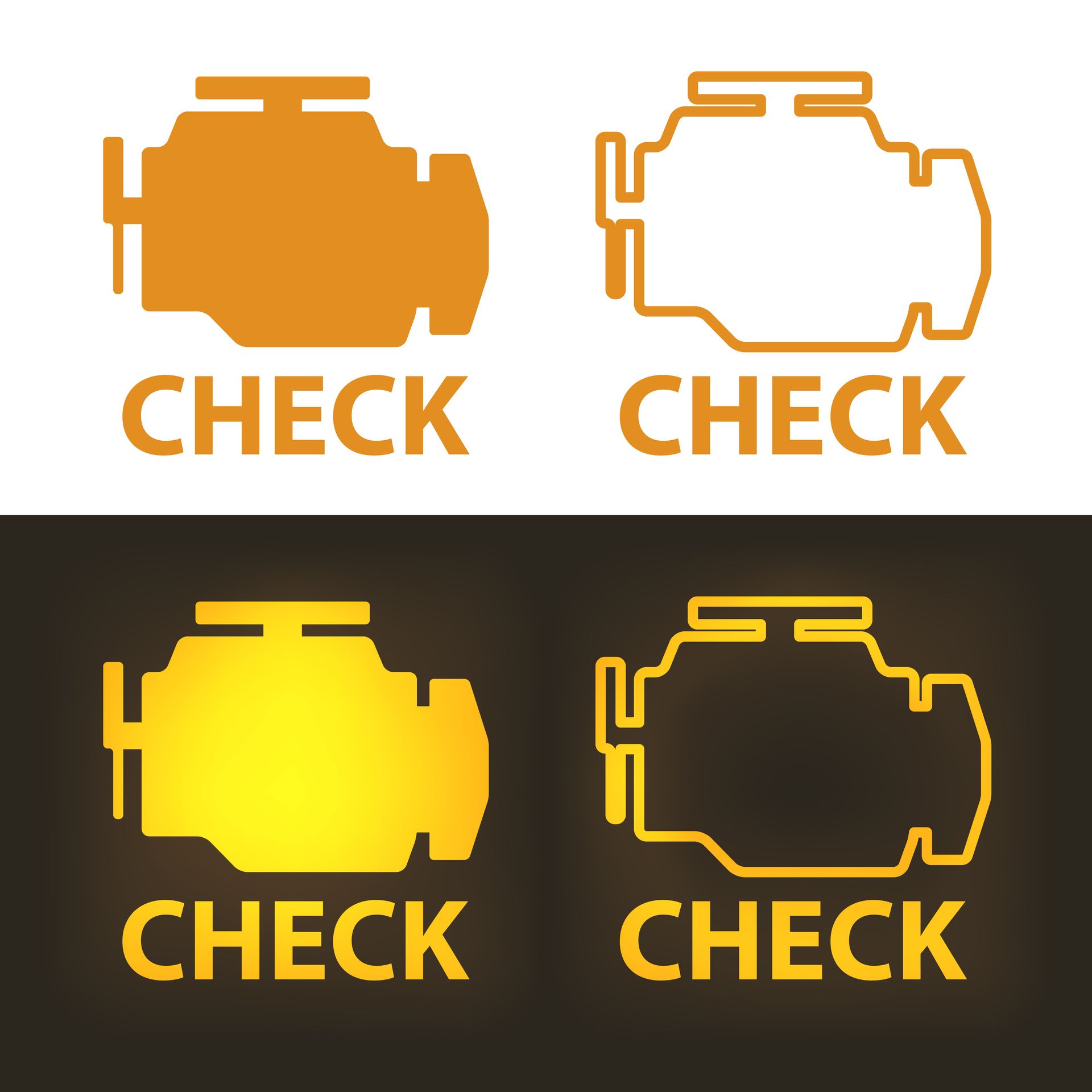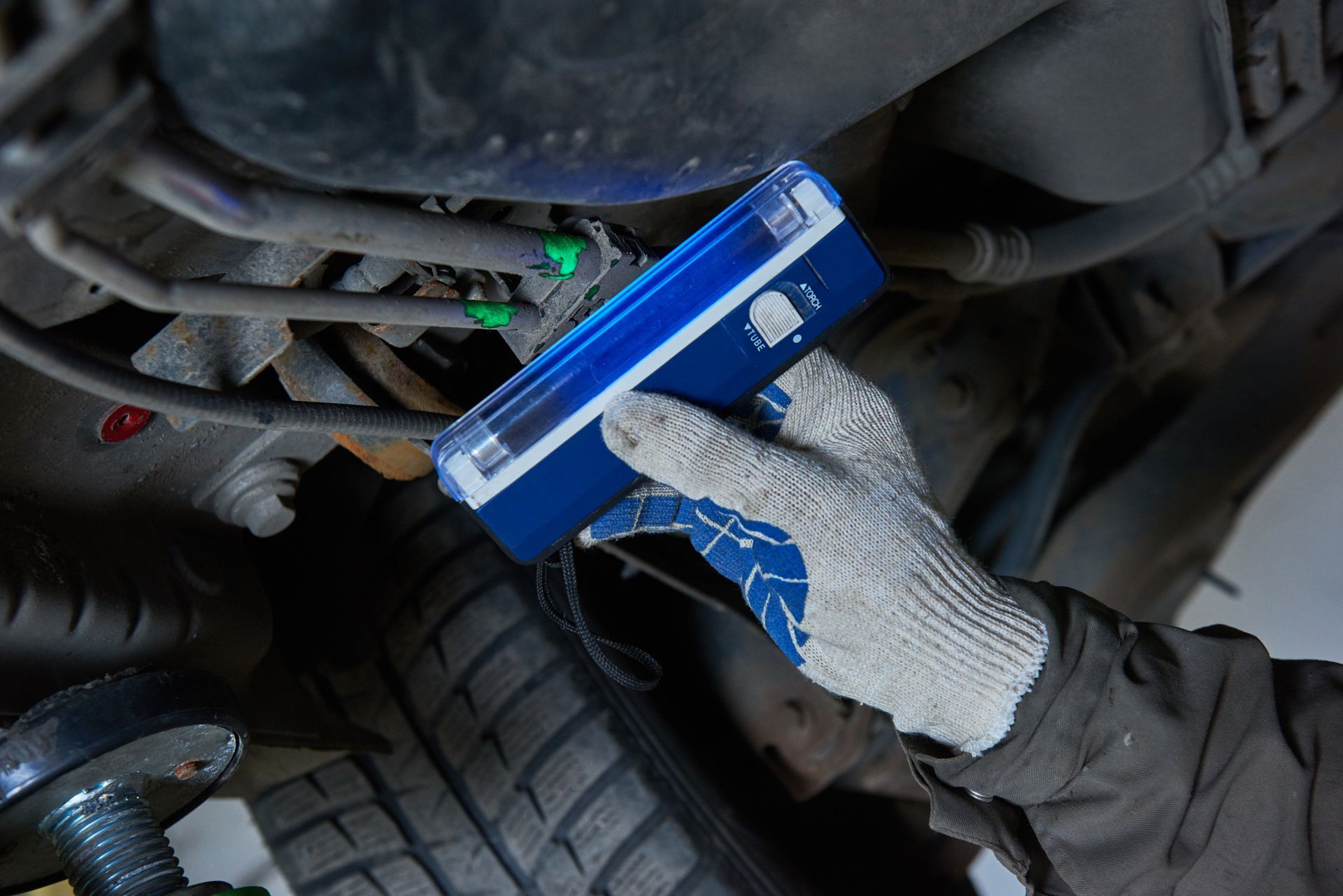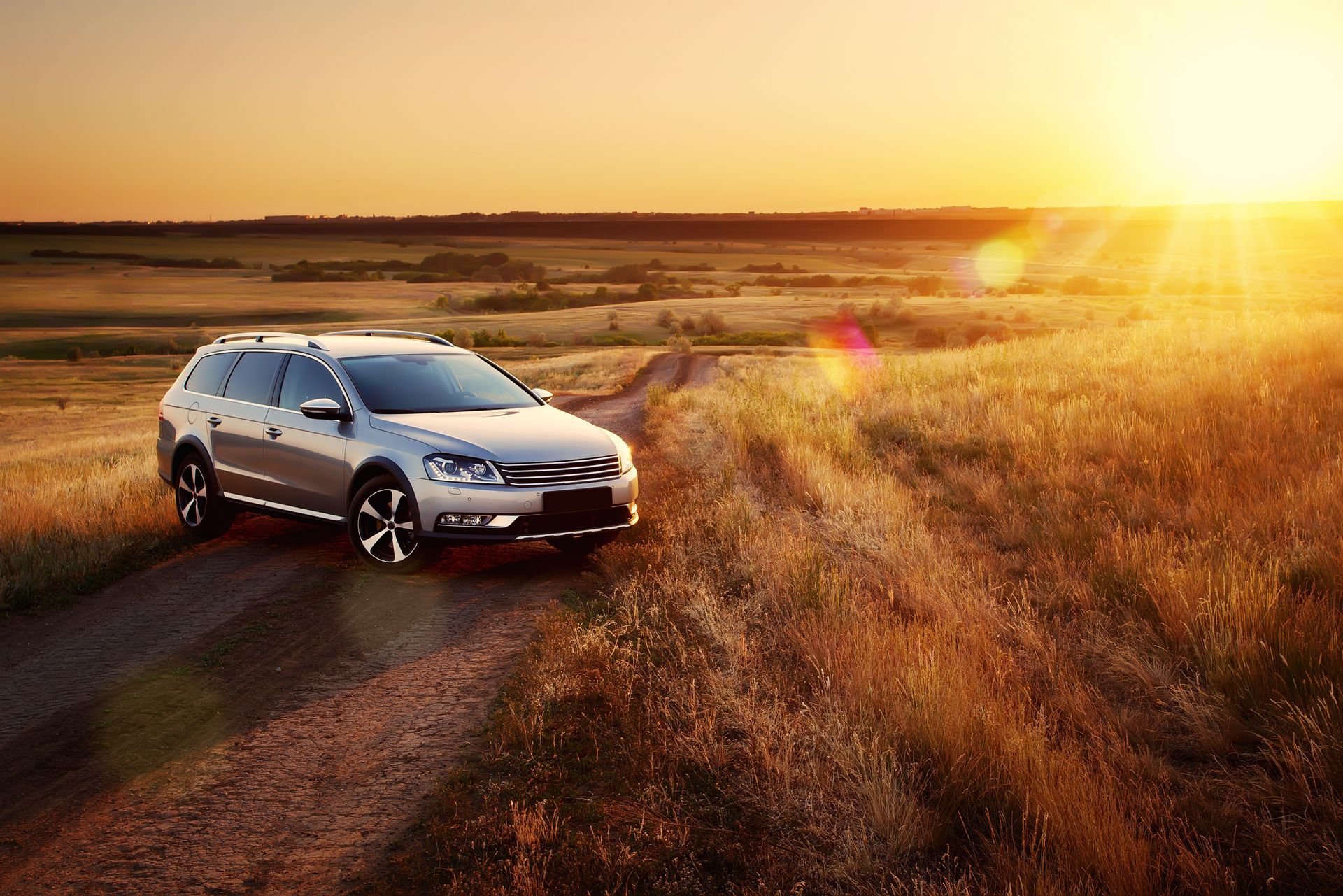Arizona is known for its blazing sunshine, but that same heat can be one of the harshest conditions for your vehicle’s battery. While many drivers associate cold weather with dead batteries, high temperatures are actually just as damaging—if not more so. In areas like Mesa, where summer days regularly exceed 100°F, heat-related battery wear is a year-round concern.
Excessive heat accelerates the chemical reactions inside your battery, which might temporarily improve performance, but it also speeds up the rate at which the internal components break down. This shortens the battery’s overall lifespan and increases the chances of unexpected failure.
How Heat Damages the Battery’s Internal Components
A modern automotive battery contains lead plates submerged in an electrolyte solution of water and sulfuric acid. This mixture produces the electrical current your car needs to start and operate. When the surrounding temperature rises significantly, the following issues can occur:
Water evaporation from the electrolyte solution, leaving less fluid to maintain proper chemical balance.
Corrosion acceleration on battery terminals, increasing electrical resistance and weakening the connection.
Warping or deterioration of internal plates, which can reduce the battery’s ability to hold a charge.
Over time, these effects reduce both the battery’s capacity and its ability to deliver the quick burst of power required for starting your engine.
Signs Your Battery May Be Struggling in the Heat
In Mesa’s climate, a battery can go from functioning normally to leaving you stranded without much warning. Watch for these common signs that high temperatures may have taken their toll:
- Slow or hesitant engine cranking when you turn the key.
- Dim headlights or interior lights, especially when the engine is idling.
- Frequent need for jump-starts or portable battery boosters.
- Warning lights on the dashboard related to charging or battery systems.
If you notice these symptoms, it’s best to have your battery tested as soon as possible. A professional can measure voltage and cold-cranking amps to determine if replacement is necessary.
The Role of Arizona’s Driving Conditions
It’s not just the heat that affects batteries in Arizona—it’s also the way vehicles are used in hot climates. Short trips, frequent stop-and-go driving, and running electrical accessories like air conditioning, cooling fans, and infotainment systems all put additional strain on the charging system.
When combined with high heat, this constant electrical demand can drain a weakened battery faster than it can recharge, leading to premature failure.
How to Extend Battery Life in Hot Weather
While you can’t change the temperature outside, there are practical steps you can take to help your battery last longer in the Arizona heat:
- Park in the shade whenever possible – Lowering the under-hood temperature reduces strain on the battery.
- Have your battery tested regularly – Catching a weak battery before it fails can save you from being stranded.
- Check battery terminals for corrosion – Cleaning and tightening connections helps ensure efficient power delivery.
- Limit short trips during peak heat – Give your alternator enough time to recharge the battery between starts.
- Keep up with cooling system maintenance – A healthy engine cooling system keeps under-hood temperatures more manageable.
Why Battery Maintenance Is More Important in Arizona
In most climates, car batteries last between three to five years. In Arizona, it’s common for them to fail after just two to three years, even with proper maintenance. The intense heat simply accelerates the natural aging process.
Routine inspections every six months, especially before and after the hottest part of the year, are the best way to stay ahead of potential issues. Many repair shops, including Friendly Auto Centers, offer complimentary battery checks during regular service visits, giving you peace of mind before trouble starts.
When Replacement Is the Best Option
If testing shows your battery is nearing the end of its lifespan, replacing it before it fails is the safest choice. Modern vehicles rely heavily on electronics, so a weak battery can affect everything from fuel injection timing to transmission shifting.
Choosing a high-quality battery designed for extreme temperatures can make a big difference in Arizona. Look for models with reinforced internal plates, high heat tolerance ratings, and a strong warranty.
Protect Your Battery and Stay on the Road With Friendly Auto Centers in Mesa, AZ
Arizona heat is hard on every part of your vehicle, but your battery takes one of the biggest hits. Don’t wait until you’re stuck in a parking lot on a 110-degree afternoon to take action. At Friendly Auto Centers in Mesa, AZ, we provide expert battery testing, maintenance, and replacement to keep your car starting strong all year long.
Schedule your battery service today and drive with confidence, no matter how high the temperature climbs.


